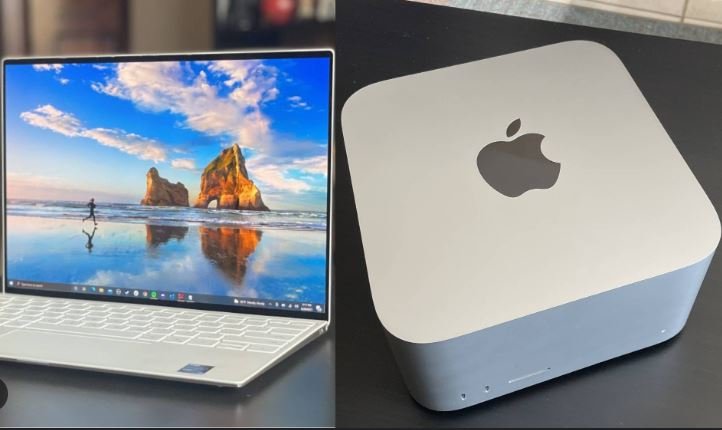The advantages of desktops for heavy-duty computing are clear when it comes to performance, customization, and durability. Whether you’re a professional working with large datasets or a gamer needing powerful graphics, desktops offer unmatched computing power. While laptops are convenient for mobility, desktops remain the preferred choice for tasks requiring extensive processing capabilities.
Superior Processing Power
One of the main advantages of desktops for heavy-duty computing is their superior processing power. Desktops come equipped with more powerful CPUs, which handle complex tasks such as video editing, 3D rendering, and gaming with ease. This is especially true for workstations that are built specifically for high-performance computing. In contrast, laptops have limitations in terms of processor size and cooling, making them less suitable for sustained heavy tasks.
With desktops, users can also upgrade their CPUs more easily, allowing for future-proofing as processing requirements increase. Additionally, high-performance processors in desktops are capable of handling multiple programs simultaneously without compromising speed or efficiency, a critical feature for professionals working in demanding fields such as data analysis or graphic design.
Greater Customization Options
Another key advantage of desktops for heavy-duty computing is the greater level of customization they offer. Desktops allow users to select specific components such as RAM, storage, graphics cards, and cooling systems that suit their individual computing needs. This flexibility is crucial for users who need to optimize their machines for specialized tasks like gaming, scientific simulations, or software development.
Unlike laptops, desktops also have more room for upgrades, enabling users to continuously improve their system as technology evolves. Whether it’s adding more RAM for multitasking, upgrading to an SSD for faster file access, or installing a more powerful graphics card for intensive tasks, desktops make customization and enhancement easy. Additionally, custom-built desktops often allow for better airflow and cooling, reducing the risk of overheating during prolonged heavy use.
Durability and Longevity
Durability and longevity are significant advantages of desktops for heavy-duty computing. Desktops are built to last longer than laptops due to their robust construction and superior cooling systems. When working with high-intensity applications, such as simulations or rendering large graphics files, a desktop’s advanced cooling system prevents overheating and maintains optimal performance over time.
Furthermore, desktops have fewer constraints when it comes to power consumption, allowing them to run more powerful components without throttling performance. This results in a longer lifespan compare to laptops, which are often has with energy-saving features that can limit their performance capabilities. In addition, desktops are less prone to accidental damage since they are stationary, making them ideal for long-term heavy-duty use in home or office environments.
Conclusion
The advantages of desktops for heavy-duty computing include superior processing power, greater customization options, and enhanced durability. For professionals and enthusiasts requiring high-performance machines, desktops provide the power and flexibility needed to handle the most demanding computing tasks. By choosing a desktop, you invest in a machine that offers long-term value, powerful capabilities, and the ability to adapt to evolving technology.










